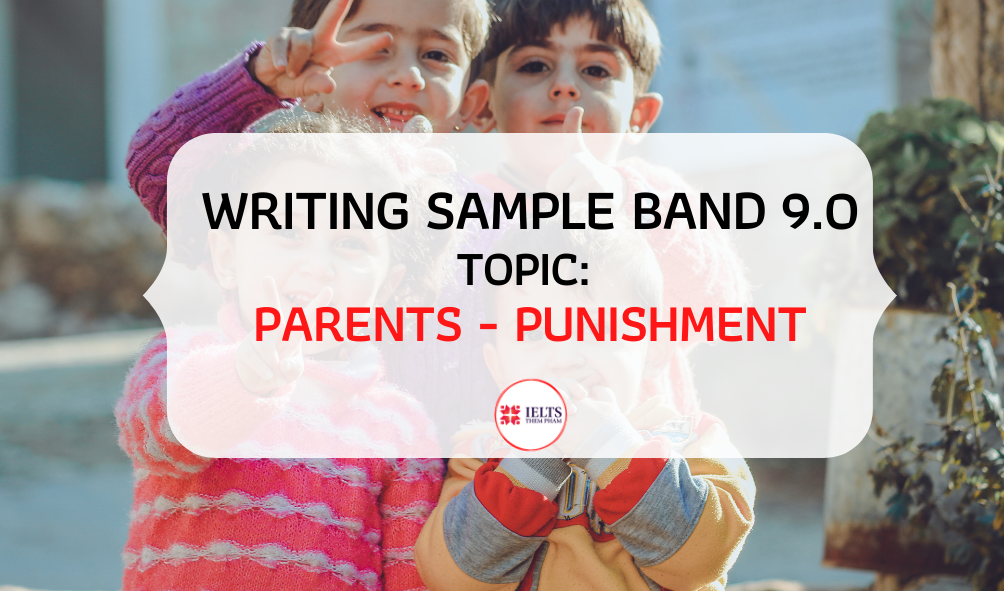BÀI MẪU ĐỀ WRITING TASK 2: FOREIGN LANGUAGE

BÀI MẪU ĐỀ WRITING TASK 2: PARENTING – PUNISHMENT
Tháng Mười Một 3, 2020
BÀI MẪU ĐỀ WRITING TASK 2: UNPAID COMMUNITY SERVICE
Tháng Mười Một 3, 2020BÀI MẪU ĐỀ WRITING TASK 2: FOREIGN LANGUAGE
HỌC NGAY TỪ VỰNG LIÊN QUAN ĐẾN CHỦ ĐỀ:
Traditionally = historically : theo truyền thống, có từ lâu rồi
educationalists = professional educators = educational authorities
the policy has been adopted = accepted
outcomes = consequences = effects.
pick up languages : become better = improve
acquire their mother tongue = take in = assimilate (culture and understand fully)
facilitates = make smth easier = enable = speed up = further = advance
Unlike + N: dùng để so sánh với đối tượng khác.
Inhibit = to prevent something from happening
self-consciousness (n) = embarrassed (of what other people think of you)
adolescents, = teenagers = the youngsters = the youth = juveniles
timetable = schedule
sessions : (better than) lessons
command of the language = your knowledge of something/ language ability
early exposure: tiếp xúc từ sớm
gain a better understanding of other culture. = gain a thorough insights into…
generalists: a person who has knowledge of several different subjects or activities
specialists : opposite to generalists
deliver these sessions: = teach
referred to above = mentioned above
standardized: chuẩn hóa
be faced with : encounter sth
within their intake: the number of people who are allowed to enter a school (lượng hs nhập học)
demotivated (a) = dispirited
these issues can be addressed strategically within the policy adopted: có thể giải quyết vấn đề nhờ vào chính sách đã đưa ra.
benefits society culturally and economically: có lợi cho xã hội cả về mặt văn hóa và kinh tế
innate ability = born ability
harness = exploit = control: khai thác thế mạnh của cái gì để achieve smth





